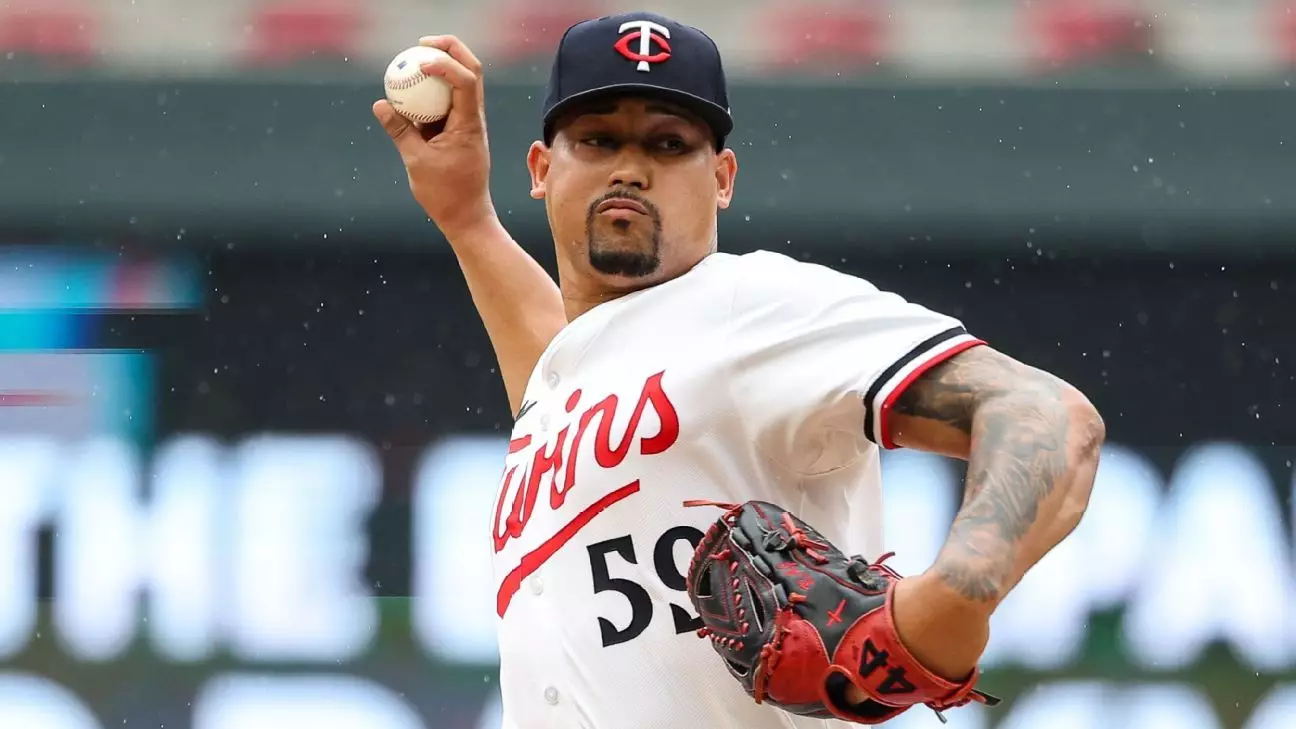The Philadelphia Phillies’ recent aggressive overhaul of their bullpen exemplifies the dangerous allure of chasing immediate competitiveness while potentially sacrificing stability down the line. By trading away highly regarded prospects like catcher Eduardo Tait and pitcher Mick Abel—both ranked among their top five minor league talents—the team demonstrates an unwavering commitment to the current season’s success. But does this all-in mentality actually serve the long-term health of the franchise? It’s a reckless approach that underscores a flawed understanding of sustainable team-building. Relying on high-profile acquisitions for short-term gratification neglects the importance of developing a resilient core, which is crucial for enduring excellence.
The Phillies’ focus on acquiring Jhoan Duran showcases the desire to solidify their bullpen with a dominant reliever. Yet, the core issue isn’t a lack of star power but the fundamental instability of their relief unit. Multiple blown saves, questionable closers, and suspension issues highlight systemic flaws that cannot be fixed overnight through blockbuster trades. Investing heavily in a single reliever like Duran — impressive as he may be — risks exacerbating issues if the team’s foundational weaknesses aren’t addressed holistically. The temptation to shore up glaring deficits with immediate fixers often results in a short-lived boost that masks deeper organizational vulnerabilities.
The Short-Sightedness of the Phillies’ Overspending
Philadelphia’s approach also reveals a troubling disregard for long-term roster management. Their veteran-heavy lineup, featuring players like Bryce Harper and Kyle Schwarber, faces the inevitable decline associated with aging stars. Moreover, key players like Schwarber and J.T. Realmuto are on the brink of free agency, which complicates the team’s strategic outlook. By heavily investing in short-term solutions, the Phillies risk alienating their future core and hampering their ability to cultivate a sustainable winning culture.
From a broader perspective, this aggressive midseason strategy is emblematic of a cultural obsession with immediate gratification that has become all too common in baseball front offices. It often ignores the wisdom of patient development and the importance of building through the draft. The Phillies are gambling that their quick fix will translate into postseason glory, but history consistently shows that such high-stakes moves frequently underdeliver when they matter most. The team’s current roster and prospects suggest that patience and strategic nurturing might be a smarter route toward sustained success, yet that approach remains secondary to their apparent obsession with winning now.
The Cost of Chasing Glory in a Win-Or-Lose World
This trend toward high-risk, high-reward trades often stems from the pressure to deliver playoff success—sometimes at any cost. The Phillies, in particular, seem to believe that their current window is closing, prompting them to push all their chips in. But this mindset ignores the fact that many championship-winning teams have thrived by maintaining a balanced, sustainable approach rather than overextending in pursuit of fleeting glory.
The pursuit of one or two star players, no matter how talented, cannot mask the fundamental weaknesses that persist within the roster. The Phillies’ struggles with closing out games—reflected in their 16 blown saves—are symptoms of deeper strategic flaws. Simply adding a star reliever like Duran may temporarily patch the wound, but it cannot address issues like inconsistent bullpen management, lack of reliable veteran leadership, or the instability created by suspended or injured players. Without a comprehensive plan rooted in patience and smart development, the Phillies risk burning out quickly, both on and off the field.
The Phillies’ bold trades underscore a clubhouse culture that’s fixated on immediate success rather than building a legacy. While ambition is necessary for greatness, it must be tempered with forethought and strategic vision. Falling into the trap of reckless spending and overvaluing short-term gains could ultimately undo the very progress they seek to accelerate.


Leave a Reply